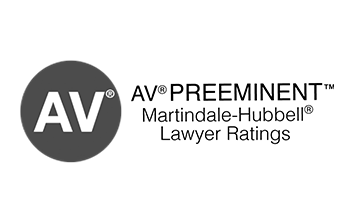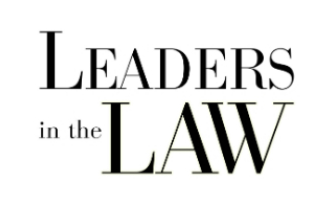Michigan has recently instituted updates to the Uniform Power of Attorney Act (UPOAA), MCL 556.401 et. seq. These changes, effective as of July 1, 2024, bring Michigan’s laws more in line with the Uniform Power of Attorney Act adopted by many other states, providing a more standardized approach to POA and also creates a model form document that can be widely used and presumably accepted by third parties.
- Definition and Scope
– The revised UPOAA provides clearer definitions of key terms such as “agent,” “durable power of attorney,” and “incapacity.” This clarity helps avoid ambiguities that previously led to legal disputes.
– The Act now explicitly states that a POA is durable unless it expressly states otherwise. This means that the POA remains in effect even if the principal becomes incapacitated, unless the document specifies that it terminates upon such an event.
- Execution Requirements
– One significant change is the requirement for the principal’s signature on the POA to be notarized or witnessed by two individuals. This additional step is intended to prevent fraud and ensure the authenticity of the document.
– The Act also emphasizes the importance of the principal’s capacity at the time of signing, reiterating that the principal must fully understand the implications of granting a POA.
- Agent’s Duties and Responsibilities
– The updated Act imposes stricter fiduciary duties on agents, requiring them to act in the principal’s best interest, avoid conflicts of interest, and maintain accurate records of all transactions made on behalf of the principal.
– Agents are now mandated to disclose their actions to the principal or a designated third party upon request. This transparency is designed to prevent abuse and ensure accountability.
- Acceptance and Termination of Authority
– The UPOAA now includes detailed provisions regarding the acceptance of an agent’s authority. Agents must explicitly acknowledge their acceptance in writing before they can act on behalf of the principal.
– The termination provisions have also been clarified. A POA terminates upon the principal’s death, revocation by the principal, or by a court order. The Act also outlines scenarios where an agent’s authority may terminate, such as the agent’s resignation or incapacity.
- Third-Party Reliance and Liability
– To encourage third parties to accept POA documents, the Act provides protections for those who act in good faith reliance on a POA. Third parties are not liable for refusing to honor a POA if they believe in good faith that it is invalid or terminated.
– Conversely, third parties who unreasonably refuse to accept a valid POA may be subject to court orders and liability for damages caused by their refusal.
– the Act also creates a form power of attorney that should be accepted by third parties.
The recent updates to the Michigan Uniform Power of Attorney Act represent a positive step towards enhancing the legal framework governing POAs in the state. By aligning Michigan’s laws with the Uniform Power of Attorney Act approved in other states, greater consistency and protection for principals and agents alike is enhanced.
As with any legal matter, it is advisable for individuals to consult with an attorney to fully understand the implications of these changes and how they may affect their specific circumstances.















